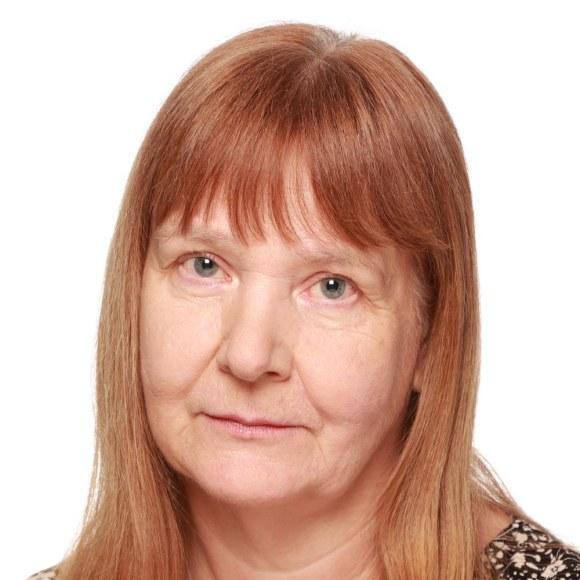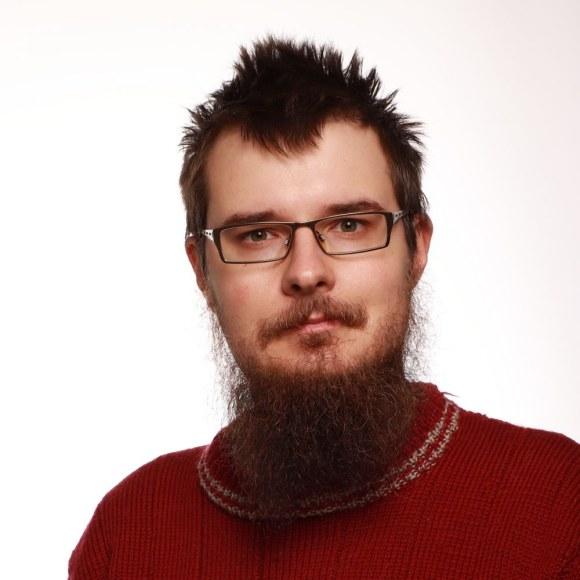The aim of the project is to create models for housing development, that could meet the challenges of pandemic crisis regarding remote working, social isolation, health and wellbeing, as well as care and related services. As it is not sustainable to construct highly specialised buildings just for the contemporary needs, the project will seek solutions for developing life-long flexibility and adaptability of housing.
The work package ”Flexible and healthy housing” is lead by Tampere University. Its main activities consist of designing innovative models for apartments and residential areas, and they will be demoed in existing urban neighbourhoods in Seinäjoki. The latest research results on flexible housing design will be applied, as well as the recent studies on the health benefits of wood material in building. Seinäjoki University of Applied Sciences takes responsibility of the work package “Sustainable wellbeing and care in housing”. Different service models for supported housing have been increased continuously, and now the need has been further grown due to Covid19. In this work package, a process model will be created for easily accessible services offered by private companies. In addition to this, the possibilities of latest digitally facilitated services will be investigated and modelled. The third work package, “Low-carbon solutions, circular economy and digital technology” is a cross-sectional theme and a joint effort for both partners.
The results of the project consist of a selection of models and design principles to be applied in private and public housing developments and in urban planning. The models are meant to encourage and promote flexibility, health and well-being in our residential areas and daily life. Flexibility enables remote working, social distance, quarantines, as well as services and support for care and well-being in normal housing. All this enables to build multi-functional homes and residential areas for varying situations we come across in society, family and personal life, thus decreasing the need to move to another area. It also extends the lifecycle of buildings and decreases the need to demolish houses due to their impracticality. The latest research on wood building support the objectives of the project regarding the aspects of health and well-being, but also circularity and low-carbon society.
Project leader at TAU: Professor Ari Hynynen
Researchers at TAU: PhD Virpi Palomäki, Project manager; MSc (Arch) Eero Okkonen, researcher
Funding source
Main funding: EU / ERDF / The Regional Council of South Ostrobothnia
People
Virpi Palomäki
Project Manager Virpi Palomäki
Virpi Palomäki Eero Okkonen
Eero OkkonenContact persons
Virpi Palomäki
Project Manager Virpi Palomäki
Virpi Palomäki